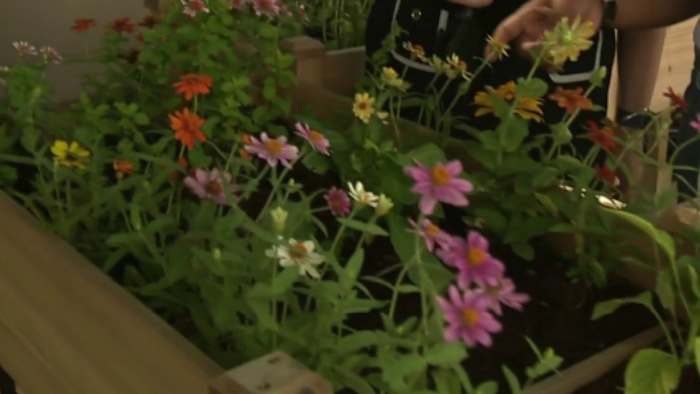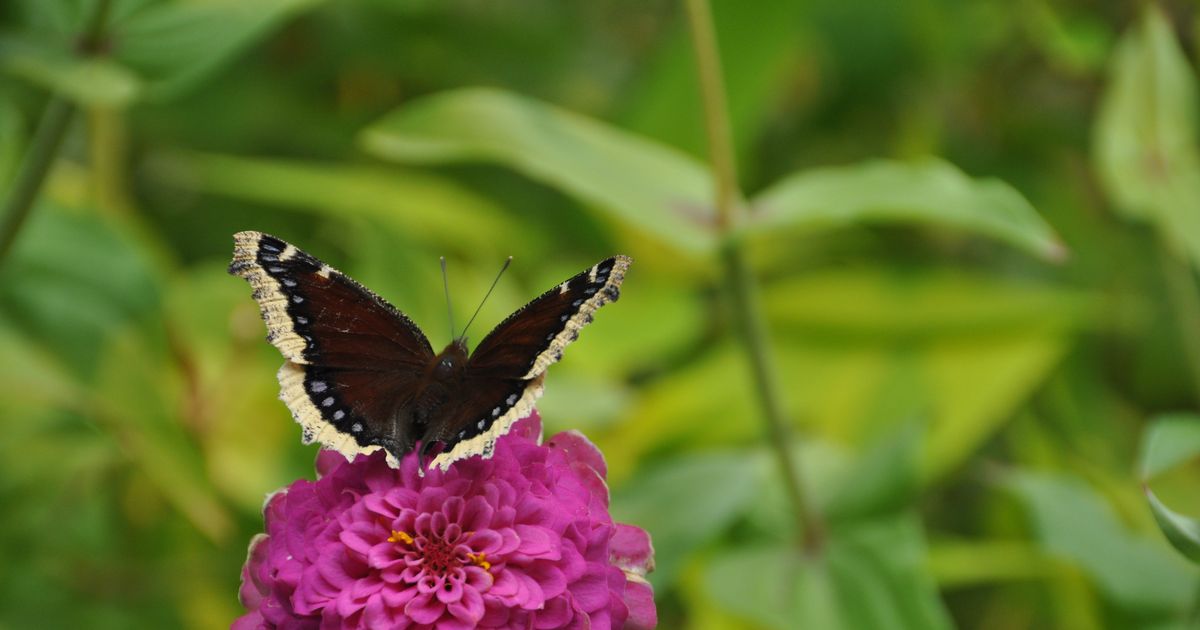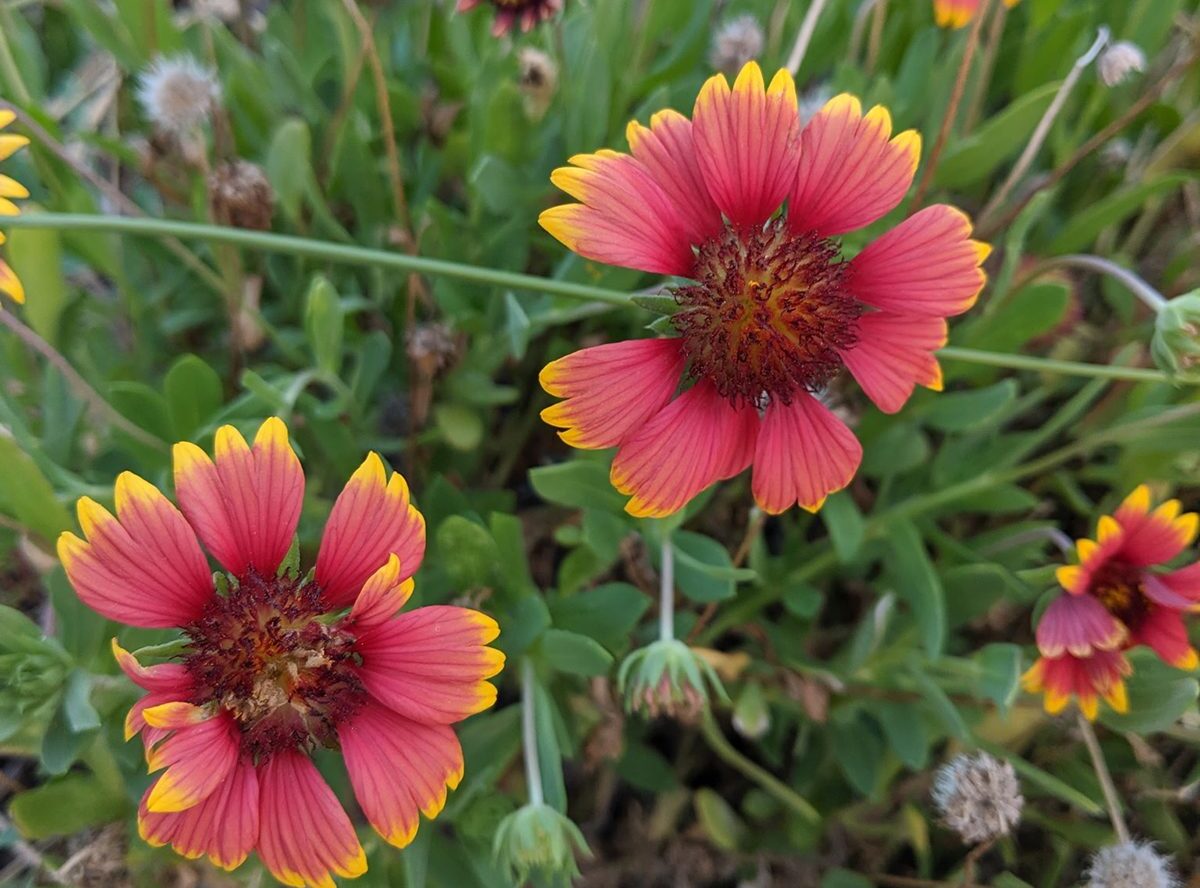Image Source: 123rf.com
Gardening is often seen as a green and sustainable hobby, but not all practices are as eco-friendly as they appear. Some seemingly harmless habits can have a negative impact on the environment. Here are five gardening practices to rethink and the eco-conscious alternatives that will help you grow a healthier garden.
1. Overuse of Chemical Fertilizers
Chemical fertilizers may give plants a quick boost, but they disrupt the natural nutrient cycle and often end up leaching into nearby water sources. This runoff can contribute to algal blooms in rivers and lakes, harming aquatic life. Instead, opt for compost or organic fertilizers to enrich your soil naturally.
2. Excessive Watering
Water is a precious resource, and overwatering your garden can lead to waste and soil degradation. It also encourages shallow root growth, making plants less resilient. Use a rain barrel to collect water, incorporate drought-resistant plants, and water during cooler parts of the day to conserve water effectively.
3. Planting Invasive Species
While some plants may look beautiful or grow easily, introducing invasive species can upset local ecosystems. These plants often outcompete native species, reducing biodiversity and affecting wildlife habitats. Research native plants suited to your area and incorporate them into your garden for an eco-friendly approach.
4. Improper Mulch Use


Image Source: 123rf.com
Mulching is a great way to regulate soil temperature and conserve moisture, but using non-biodegradable or chemically treated mulch can harm the environment. Plastic mulch, for example, doesn’t break down and can leave harmful residues in the soil. Opt for organic options like wood chips, straw, or shredded leaves instead.
5. Neglecting Soil Health
Many gardeners overlook the importance of maintaining healthy soil. Practices like frequent tilling, heavy pesticide use, or failing to rotate crops can strip the soil of its nutrients and structure over time. Focus on no-till gardening, crop rotation, and adding compost to keep your soil rich and full of life.
Gardening for the Planet
Gardening has the power to benefit the environment when done thoughtfully. By avoiding these harmful practices and adopting sustainable alternatives, you can create a garden that’s not only beautiful but also environmentally responsible. Small changes in your approach can make a big impact on the planet.
Which gardening habits are unknowingly harming the environment, and how can you adopt eco-friendly alternatives to make a positive impact?
Read More:
Are You Poisoning Your Garden? 6 Organic Pest Control Methods That Work
Why Your Mulch Looks Like a Mess: 7 Laying Techniques That Work









